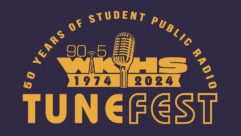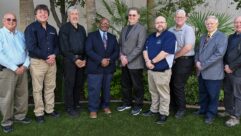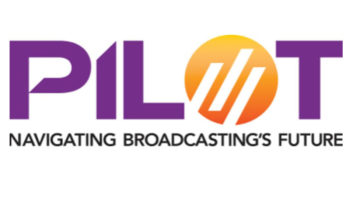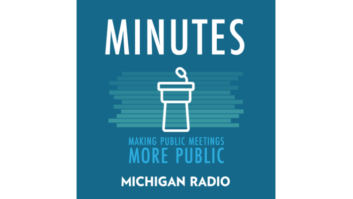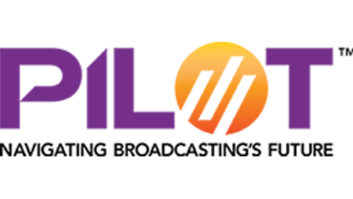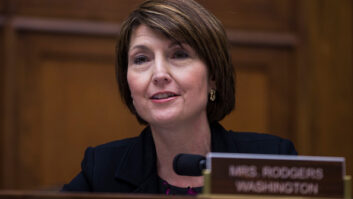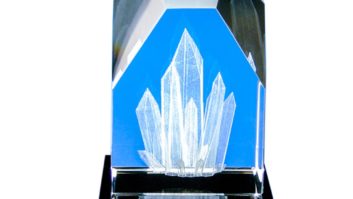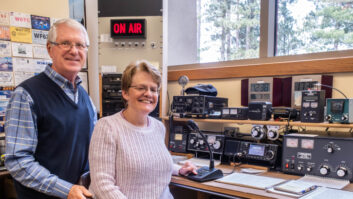WASHINGTON — The National Association of Broadcasters’ Pilot division has determined the finalists for this year’s Pilot Innovation Challenge.
Twelve ideas were selected from the more than 100 submissions responding to the challenge question: “What is an innovative way broadcasters and other local media could serve communities?” They are:
- Retha Hill of Arizona State University’s Cronkite Innovation Lab and AR Story Template, which she says provides a cost-effective way to create immersive AR stories quickly and without coding experience.
- David Burton and Beam, an AI mobile platform that enables users to build a personalized newscast using content categorically sourced from local television broadcasts.
- Daniel Faltesek of Oregon State University and Big Processing, Local Impact, which provides news organizations with “robust computing and data science capacity.”
- Madeleine Bair andTimpano (“eardrum” en Español) is intended to inform, engage and amplify the voices of Latino immigrants through a community mic and SMS.
- Samuel Crane and FlyRight, a software solution that streamlines drone flight registration for media groups and local law enforcement.
- Ronald Baez of Yellow Wood Immersive and Immersive Disaster Effects Application (abbreviated as IDEA) is a 3D mapping tool to visualize the effects of weather emergencies.
- Terry Quinn of The Texas Tribune and Lawmaking Live, which provides live analysis of policy development and makes the law-making process more accessible to consumers.
- Amara Aguilar of USC Annenberg and Open Spaces, which enables users to engage on topics using social virtual reality.
- Daniel Lewis and Podium, which provides a platform for virtual town halls and crowdsourced interviews.
- Paul Glader and VettNews, a ratings agency of news organizations that aims to combat misinformation.
- Mike Shafarenko of Ideastream and Voices of TwoOneSix, an audio livestream that amplifies original content by underrepresented people in Cleveland.
- Mario Dcunha of The New School and Zagrut, a news reader app intended to guide users against media bias.
These 12 finalists will next be winnowed down to six by a five-judge panel, and the final ranking will be determined by attendees at the 2019 NAB Futures conference, scheduled for Jan. 27–29 in Seattle. They will also receive prizes ranging from $15,000-$30,000 (partially funded by grant from Knight Foundation), among other benefits.



